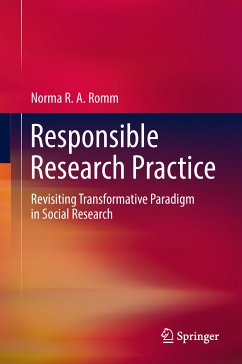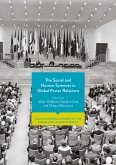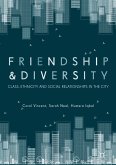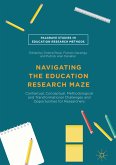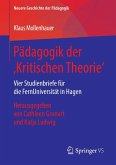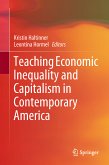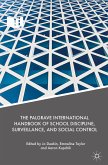Dieser Download kann aus rechtlichen Gründen nur mit Rechnungsadresse in A, B, BG, CY, CZ, D, DK, EW, E, FIN, F, GR, HR, H, IRL, I, LT, L, LR, M, NL, PL, P, R, S, SLO, SK ausgeliefert werden.
"I celebrate ROMM's scholarship; I thank her and all those who contributed to the thesis for assembling a reaffirmation of the envisioned, flourishing world that the early action researchers fought for. Its re-arrival is timely and heralds a new generation who are reconfiguring inherited knowledge-craft in the context of the twenty-first century." (Susan Goff, Systemic Practice and Action Research, July02, 2019)
"The book offers both practical discussions of varied research case studies and engages well with the reader to promote critical reflection, offering insight as well as challenging researchers to actively reshape or rearticulate their own engagements. ... Romm has attempted to contribute to the limited available literature that provides in-depth explorations and critical discussions on the research implications of social inquiry framed by the transformative paradigm. I find her work to also be valuable ... ." (Avivit M. Cherrington, Educational Research for Social Change - ERSC, Vol. 7 (02), September, 2018)

